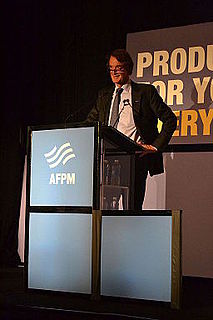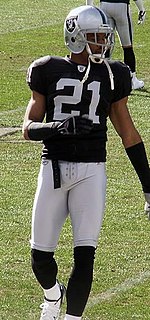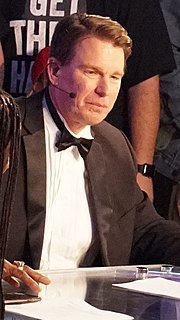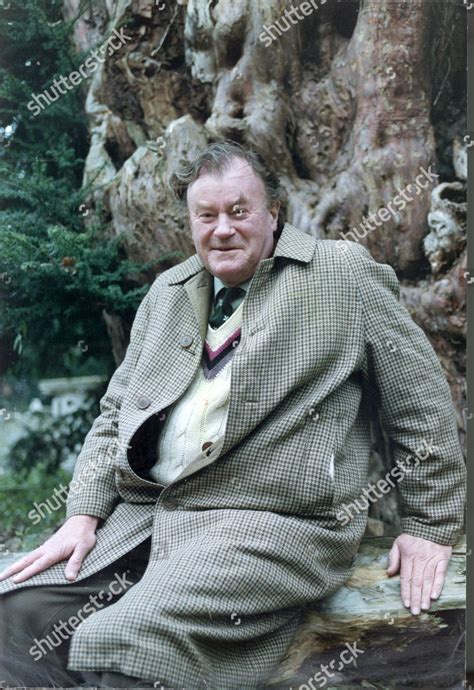A Quote by Jim Ratcliffe
While unions did not play a part in my family life when I was being brought up, my early years were most certainly spent in a working-class community.
Related Quotes
I was a working class Jewish girl. In my girlhood, anti-Semitism was a daily fact of life in Detroit. I did not come from people who had many options in their lives or many choices open to them. I was a girl in a family in which women were, as in society at large, very much second-class citizens. I did not see why I should accept these forced limitations without a fight. Being free to make my own choices thus became very important to me at an early age.
The early Rockefellers made their wealth from being in certain businesses and remained personally very wealthy. Tata's were different in the sense the future generations were not so wealthy. They were involved in the business but most of the family wealth was put into trust and most of the family did not in fact did not enjoy enormous wealth.
One of the facets of growing up the way I did, I never had the experience of being solely in the black community. Even my family, my mother is what they call Creole, so she's part French, part black, and grew up in Louisiana. It's a very specific kind of blackness that is different than what is traditionally thought of as the black community and black culture. So, I never felt a part of whatever that was.
I'm excited about the emergence of tokens, and while I'm skeptical of many of the early projects being launched, I do believe we are seeing the emergence of an entirely new asset class that will foster the growth of a new investment community, a new set of social networks, and most importantly, a new class of technologies.
The - the early Rockefellers made their wealth from being in certain businesses and - and remained personally very wealthy. Tatas were different in the sense the future generations were not so wealthy. They - they were involved in the business, but most of the family wealth is put into trust, and the family did not, in fact, enjoy enormous wealth.


































